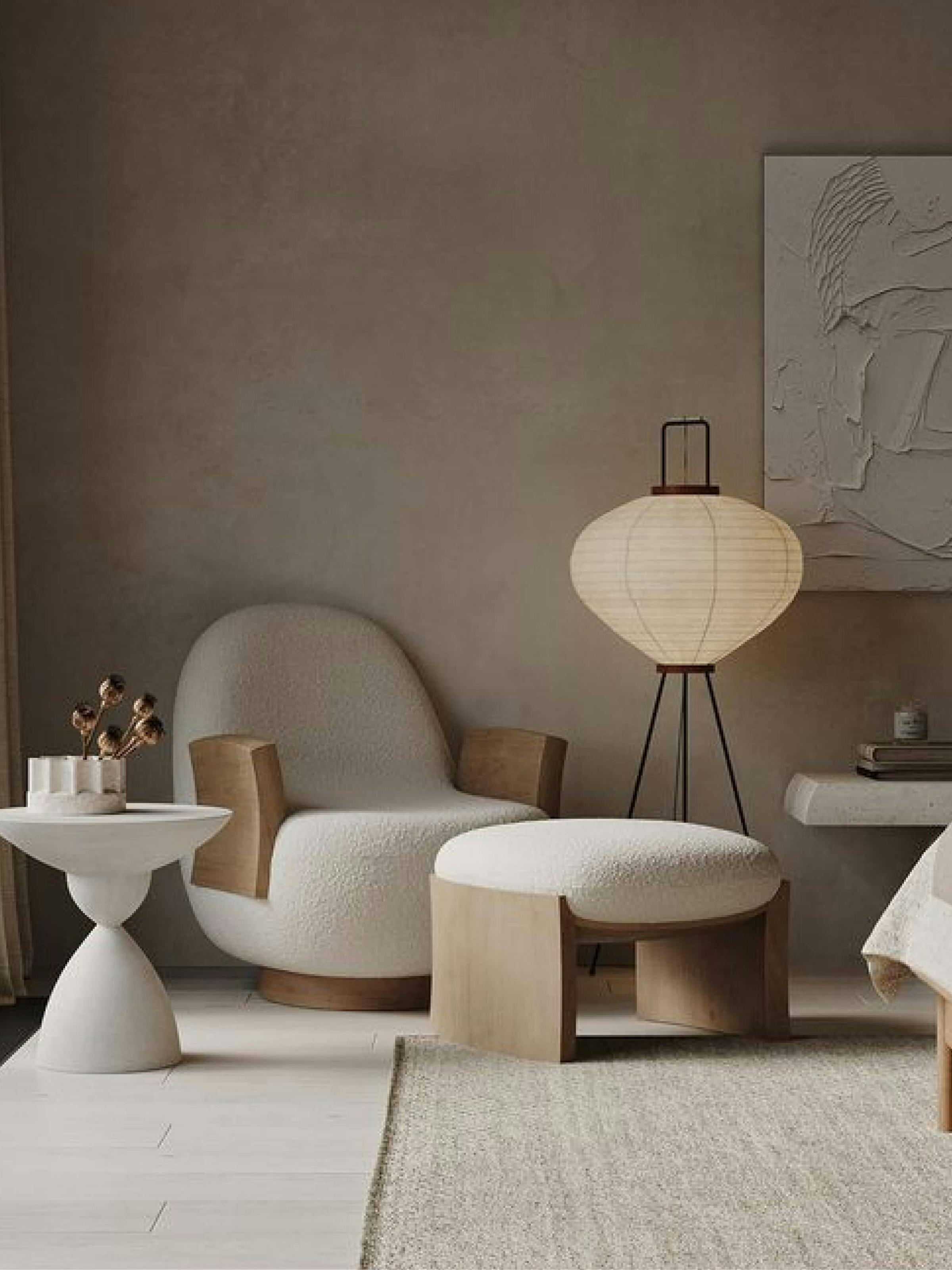Why Minimalism is the Key to Attaining a Much More Organized and Stress-Free Life
Why Minimalism is the Key to Attaining a Much More Organized and Stress-Free Life
Blog Article
Recognizing Minimalism: Strategies for Decreasing Clutter and Enhancing Clearness in Everyday Living
Minimalism is progressively identified as a viable method to boosting clarity and focus in today's messy globe. By systematically evaluating our possessions and prioritizing intentionality, we can develop spaces that not just show our values however likewise promote psychological well-being. Using techniques such as the "Four-Box" method can promote a much more well organized environment, yet truth obstacle depends on cultivating a minimalist mindset that maintains these efforts. Exploring the subtleties of this approach may reveal unusual insights right into exactly how you can change your life. When you welcome this willful simpleness?, what might you uncover.
Defining Minimalism and Its Advantages
Specifying minimalism entails recognizing it as a way of life choice that stresses simplicity and intentionality in both physical possessions and day-to-day routines. At its core, minimalism urges people to prioritize what truly matters, permitting for a more purposeful and concentrated presence. By removing the non-essential, minimalism welcomes individuals to engage deeply with their surroundings and experiences.
The advantages of taking on a minimal approach are complex. It fosters psychological quality, as lowering mess in one's setting can lead to decreased interruptions and stress and anxiety. When bordered by less properties, people frequently report enhanced focus and enhanced performance. Minimalism promotes economic liberty; by focusing on needs over wants, individuals can make more educated investing in choices, leading to potential savings and lowered debt. Furthermore, a minimal way of life can produce emotional advantages, as it urges people to cultivate thankfulness of what they have as opposed to yearning for much more.
Inevitably, minimalism is not merely regarding worldly reduction however involves an all natural shift in viewpoint, promoting a life identified by purpose, satisfaction, and balance. Welcoming this lifestyle can lead to profound adjustments in how individuals communicate and regard with the world around them.
Examining Your Current Clutter
Mess usually manifests as a frustrating buildup of things that no longer offer an objective, creating an obstacle to achieving a minimalist way of life. Take note of details groups of things, such as apparel, publications, or kitchenware, as this will assist you comprehend the extent of the clutter.

Additionally, take into consideration the regularity of usage for each product. Inevitably, comprehending your current mess is an important step towards embracing minimalism and boosting clearness in your daily living.

Practical Decluttering Techniques
Having actually analyzed your present clutter, the next step is to implement sensible decluttering strategies that assist in an even more arranged living area. Minimalism. One efficient technique is the "Four-Box" method, where you assign four boxes classified: keep, donate, garbage, and relocate. This strategy motivates quick decision-making and ensures things are categorized appropriately
An additional method is the "One in, One out" guideline, which stipulates that for every single brand-new item gotten, an existing thing should be removed. This concept aids keep equilibrium and avoids accumulation in time. Additionally, think about the "30-Day Minimalism Video Game," where you eliminate one product on the first day, two on the second, etc, cumulatively fostering a feeling of achievement.
Limitation yourself to a specific number of cherished things, allowing you to appreciate their significance without frustrating your space. By using these strategies, you can develop a more effective and peaceful living area, eventually boosting quality in your day-to-day life.
Developing Willful Rooms
Developing willful rooms entails a thoughtful approach to how we style and arrange our settings, making sure each area offers a particular objective and shows our worths. This technique is necessary in growing a feeling of quality and objective in our day-to-day lives. By seriously analyzing the function of each space, we can eliminate distractions and improve our overall well-being.
To create intentional spaces, begin by identifying the key tasks that will certainly take place in each area. For circumstances, a home office must be designed to foster productivity, including components such as sufficient lighting, comfy furniture, and minimal disturbances. In contrast, a relaxation area ought to promote harmony, featuring calming shades and comfortable seats.
Additionally, take into consideration the psychological impact of your environments (Minimalism). Incorporating personal things that reverberate with your values, such as art work or plants, can enhance the link to your room. Routinely review these Extra resources atmospheres to guarantee they continue to offer their intended function as your demands develop
Inevitably, producing willful spaces is regarding making conscious options that align with your way of life, advertising harmony and performance in your living and functioning environments.
Preserving a Minimalist Frame Of Mind
Welcoming a minimalist state of mind calls for recurring reflection and intentionality in our thoughts and activities. This technique entails growing awareness of our values and concerns, enabling us to filter distractions and concentrate on what absolutely matters. To preserve this way of thinking, routine self-assessment is important. Allot time to evaluate your dedications, belongings, and also electronic content, ensuring they line up with your core concepts.
This shift in viewpoint encourages admiration for simpleness, improving general wellness. Integrating mindfulness methods, such as reflection or journaling, can better reinforce a minimalist frame of mind by advertising clarity and minimizing mental clutter.
Additionally, develop borders to protect your energy and time. Learn to say no to non-essential responsibilities and disturbances that do not contribute to your individual growth. Border yourself with similar individuals that sustain your minimal journey, as shared values can boost inspiration and accountability.
Conclusion
In conclusion, welcoming minimalism provides significant advantages, including reduced clutter and enhanced clarity in every day life (Minimalism). By methodically assessing belongings and applying practical decluttering strategies, people can produce deliberate spaces that promote mindfulness and thankfulness. Maintaining a minimalist state of mind calls for recurring assessment and commitment to simpleness, inevitably leading to a more focused and satisfying way of life. More Info The concepts of minimalism function as important tools for growing a setting that sustains individual development and health.

Additionally, think about the "30-Day Minimalism Video Game," where you remove one product on the initial day, two on the second, and so forth, cumulatively cultivating a feeling of accomplishment.
In verdict, accepting minimalism supplies significant benefits, including browse this site minimized clutter and boosted clearness in day-to-day life.
Report this page